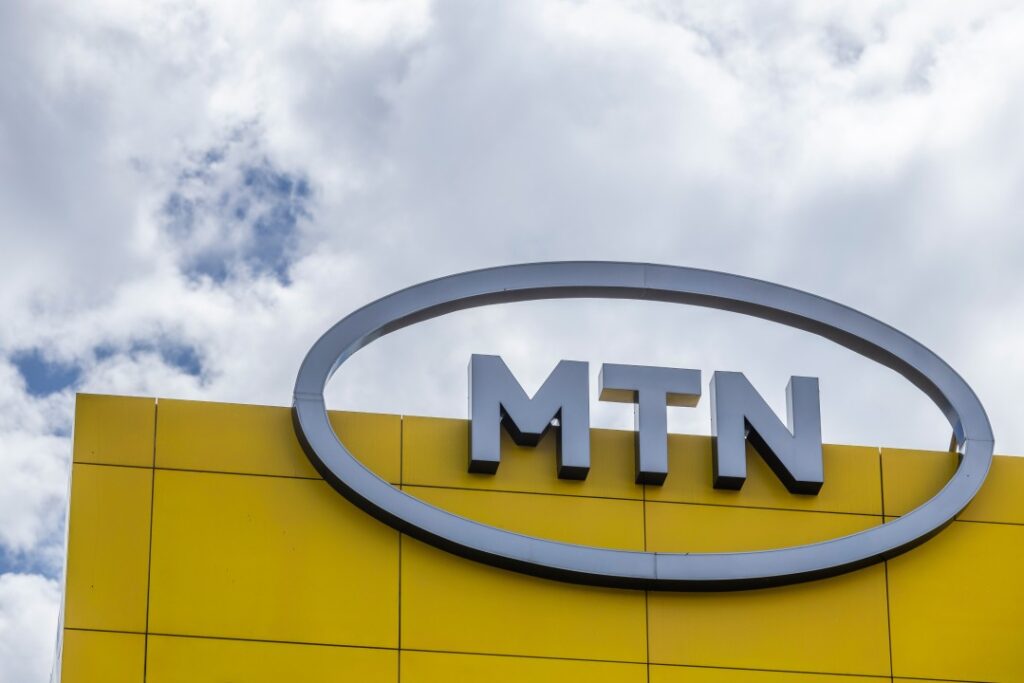In a bold stride toward digital transformation, MTN Nigeria is banking heavily on cloud technology to modernise its infrastructure and better serve its growing customer base. The telecommunication giant has announced plans to run core network services and related workloads in a “cloud-native environment,” signalling a shift from legacy systems to more flexible, scalable architectures.
At the Red Hat Summit Connect 2025 in Johannesburg, Kenneth Odo, Senior Manager of Infrastructure & Cloud Support at MTN Nigeria, revealed that this move seeks to address surging demand from over 80 million users while charting a clear path to broad cloud adoption. The initiative underscores MTN’s commitment to future-proofing its operations and placing itself at the forefront of Africa’s telecom innovation.

Table of Contents
Deploying Red Hat: The Tools of Transformation
Odo emphasised that MTN’s modernisation agenda would lean heavily on a suite of Red Hat technologies. Among the key tools in play:
- Red Hat Enterprise Linux (RHEL) 10: This latest version will be adopted to take advantage of stronger security protocols, integrated AI features, and improved performance in hybrid cloud settings. Odo noted that MTN had already migrated over 70% of its workloads to the previous RHEL version within just four months—without any downtime or service interruptions.
- OpenShift Platform: Serving as a unified backbone, OpenShift enables MTN to manage both traditional virtual machines and containerised applications under one roof. The telco aims to shift around 50% of its workloads to OpenShift by year’s end, embracing hybrid cloud flexibility.
- Ansible Automation: Positioned as the “glue” connecting disparate systems, Ansible is being used to orchestrate daily operations, reduce human error, and streamline workflows across cloud environments.
Odo also touched on operational AI, flagging it as a strategic frontier. While full deployment is still pending evaluation, MTN is actively exploring how AI can drive efficiencies across its infrastructure.

Scaling with Vision: Ambitious Targets and Measurable Goals
One of MTN’s headline targets is bold but transparent: moving half of its workloads into the OpenShift environment by the close of the year. That ambition highlights the scale and confidence behind its cloud push. Odo put it simply: “We now have the flexibility to scale on demand … the glue that holds it together is the automation platform.”
Behind that ambition lies a pragmatic commitment to reliability. The earlier migration of 70% of workloads to RHEL without disruptions is cited as validation of the approach.
Furthermore, MTN’s willingness to adopt newer systems rapidly, while ensuring continuity for users, signals it sees cloud not as a side project but as an operational imperative.
Implications for Nigeria’s Digital Landscape
MTN Nigeria’s investment in cloud infrastructure has implications far beyond its own network resilience. As one of the country’s telecommunications giants, its push may serve as a blueprint for others considering similar transitions. A few broader takeaways:
- Service Quality & Agility — With cloud-native systems, MTN can spin up new services faster, apply patches or updates with minimal downtime, and respond dynamically to traffic spikes.
- Cost Efficiency — Over time, operating in a cloud environment should reduce reliance on costly physical hardware and legacy maintenance burdens.
- Security & Compliance — Modern cloud platforms bring advanced security features and governance controls, which are crucial in Nigeria’s evolving regulatory framework.
- Ecosystem Development — MTN’s embrace of open platforms may stimulate growth in local software, DevOps, and AI talent ecosystems, contributing to Nigeria’s digital economy.
Yet, there are challenges. Data locality, regulatory compliance, cross-region redundancy, and change management will all demand close attention. Odo’s roadmap suggests MTN is aware of these frontiers—and positioning its teams accordingly.

Looking Ahead
As MTN Nigeria transitions deeper into cloud operations, it is stepping into a future where scale, agility, and automation define success. The telco’s use of Red Hat’s ecosystem—the migration to RHEL 10, the push toward OpenShift, and the use of Ansible—lays a foundation for sustained innovation. Meanwhile, its experimentation with AI promises that tomorrow’s network may not just be cloud-driven, but “intelligently managed.”
For Nigeria’s telecom sector, MTN’s move is more than a technical upgrade. It is a signal that legacy infrastructures no longer suffice in a rapidly evolving digital age. As other players observe, learn, and follow, the country’s broader digital ambitions may find wind in their sails.
Join Our Social Media Channels:
WhatsApp: NaijaEyes
Facebook: NaijaEyes
Twitter: NaijaEyes
Instagram: NaijaEyes
TikTok: NaijaEyes













![Mr Macaroni Drops Blistering Remark: ‘APC Filled with Most Corrupt People’ as He Slams Tinubu’s Controversial Pardon for Criminals=]] Mr Macaroni](https://naijaeyesblog.com/wp-content/uploads/2025/03/Mr-Macaroni-1-1-180x135.avif)

![Chaos Erupts in Abuja Hotel as BBNaija Star Phyna Sparks Fierce Scene Over Alleged N200,000 Dispute [VIDEO] Phyna](https://naijaeyesblog.com/wp-content/uploads/2024/11/A-Picture-of-Phyna-BBNaija-180x135.jpg)
























